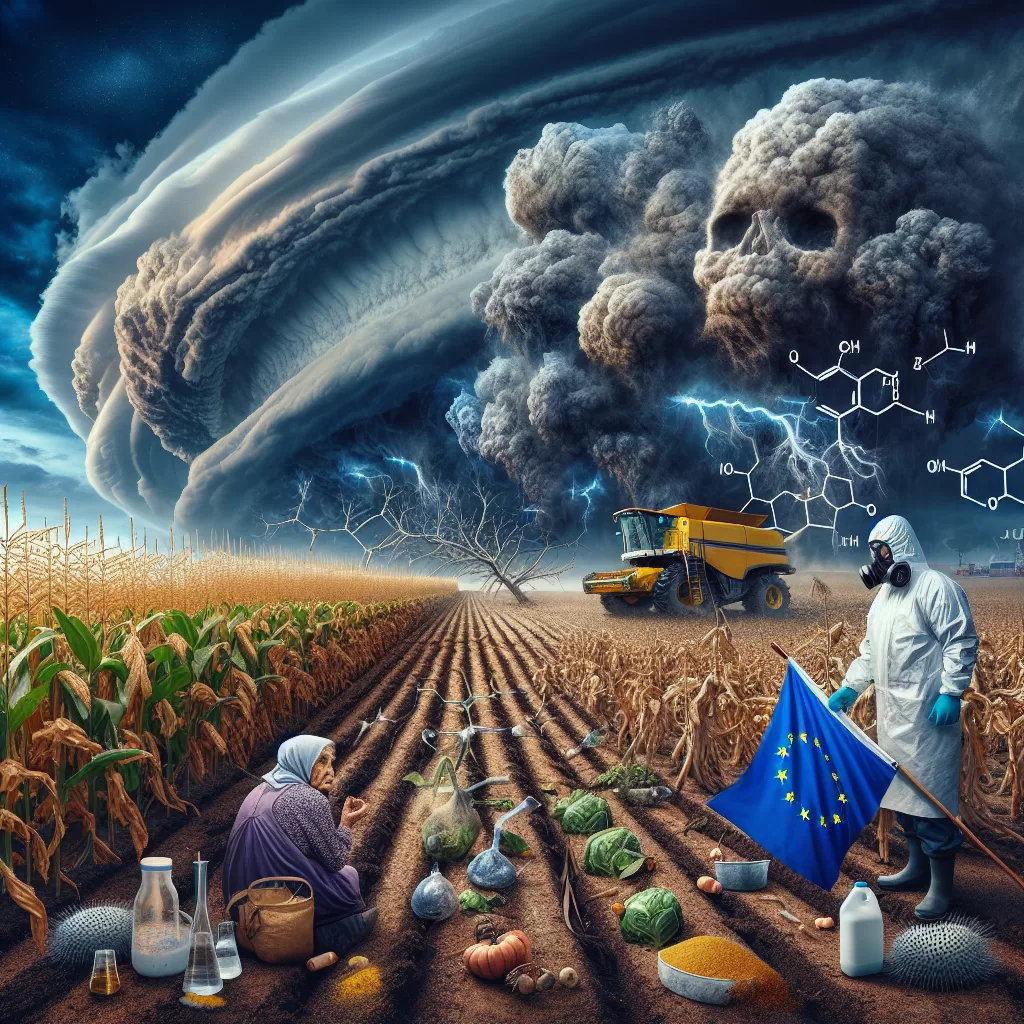“Our research highlights the urgent need to control the release of these harmful substances into the environment,” stated Dr. Elena Martínez, the lead author from the University of Gothenburg. “Toxic metals and EDCs can biomagnify up the food chain, potentially causing reproductive disorders, developmental issues, and ecological imbalances.”
The impacts extend beyond food safety concerns. Contaminated irrigation water and soil pose risks to crop yields, farm productivity, and long-term land degradation. Moreover, these pollutants can leach into groundwater reserves, compromising freshwater security for communities relying on those resources.
Environmental policy experts assert that current EU regulations fail to adequately address this complex challenge. “We need a comprehensive strategy that integrates stricter emission controls, sustainable agricultural practices, and improved wastewater treatment infrastructure,” advocated Dr. Klaus Kümmerer from Leuphana University.
As the EU strives for a sustainable, self-sufficient agricultural model, safeguarding soil and water quality from these insidious pollutants has become a paramount priority. Failure to act could undermine food security, ecological integrity, and public health across the continent.

